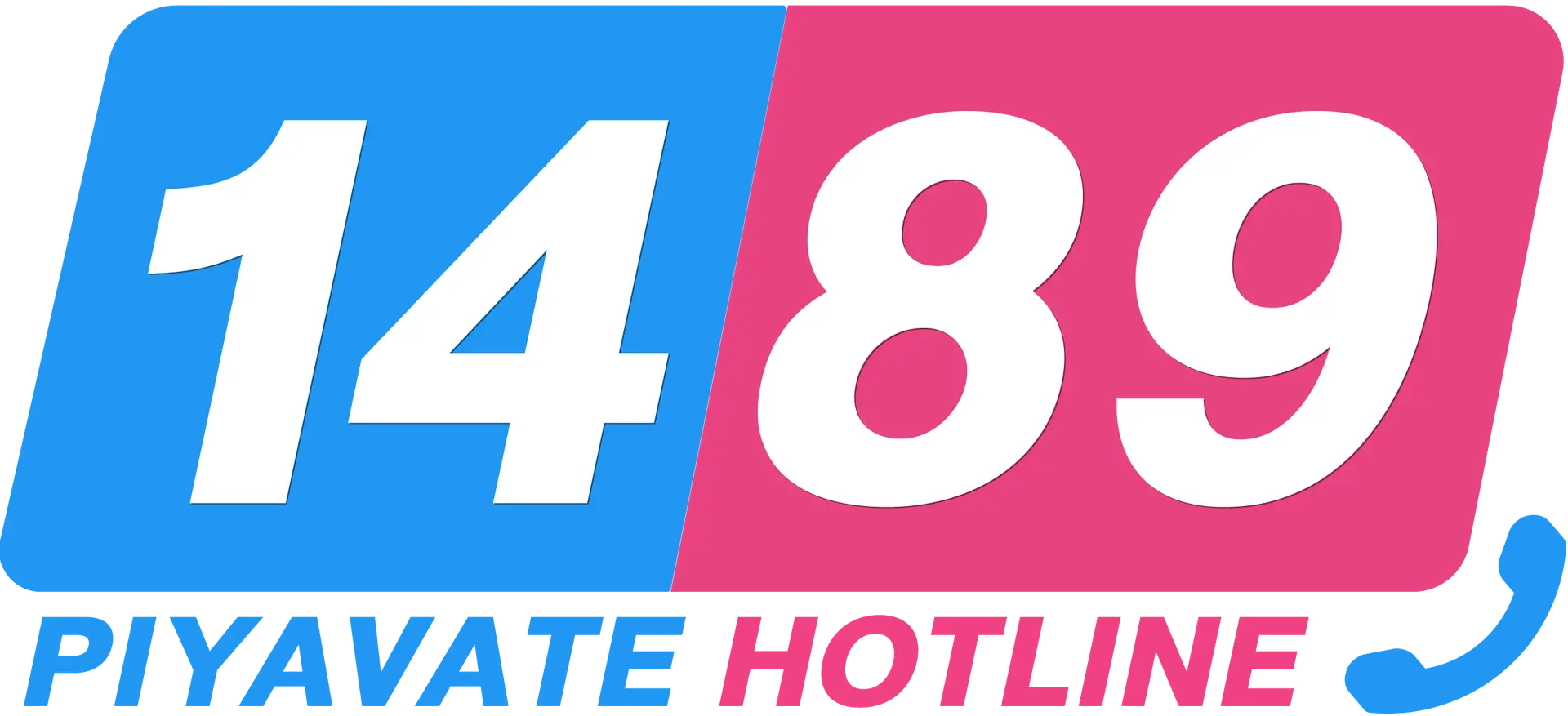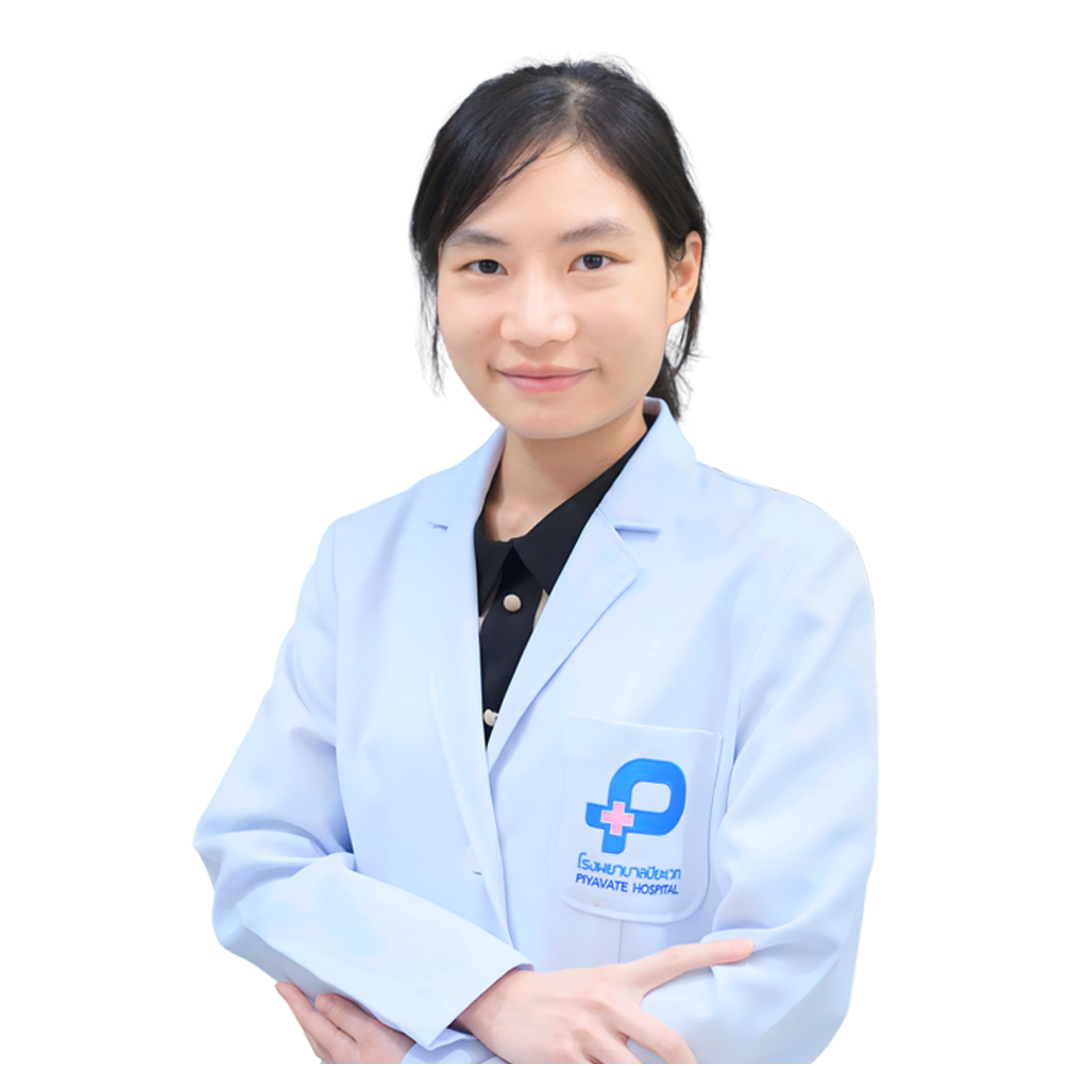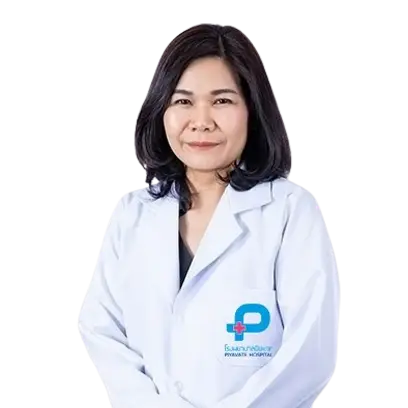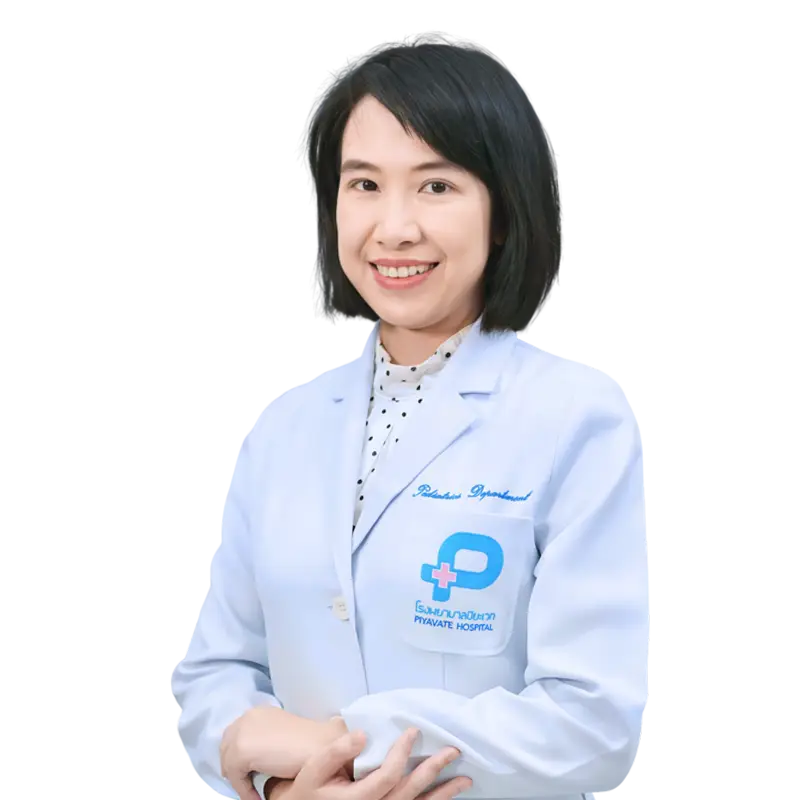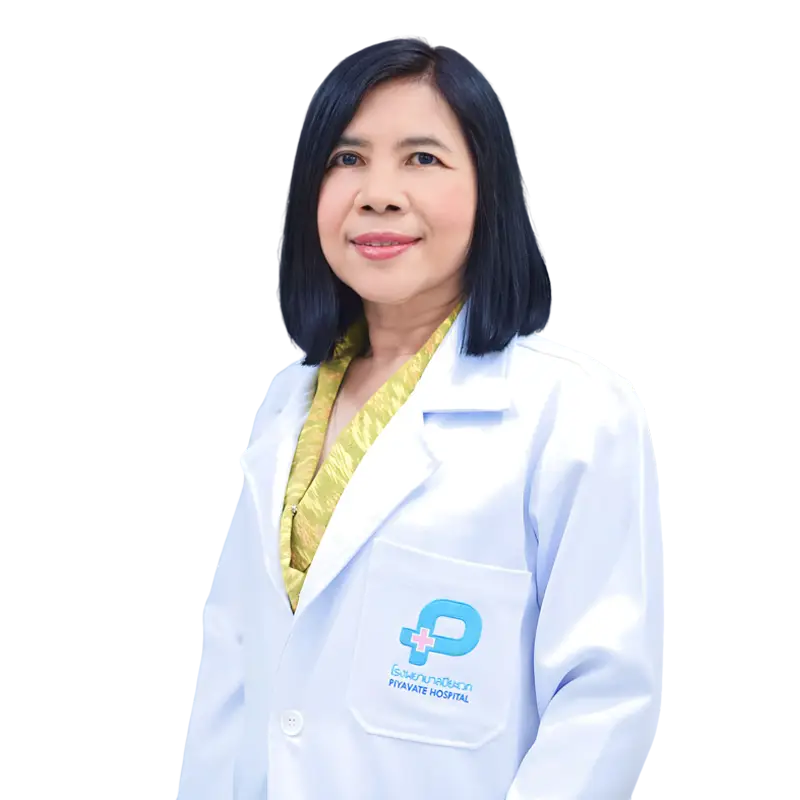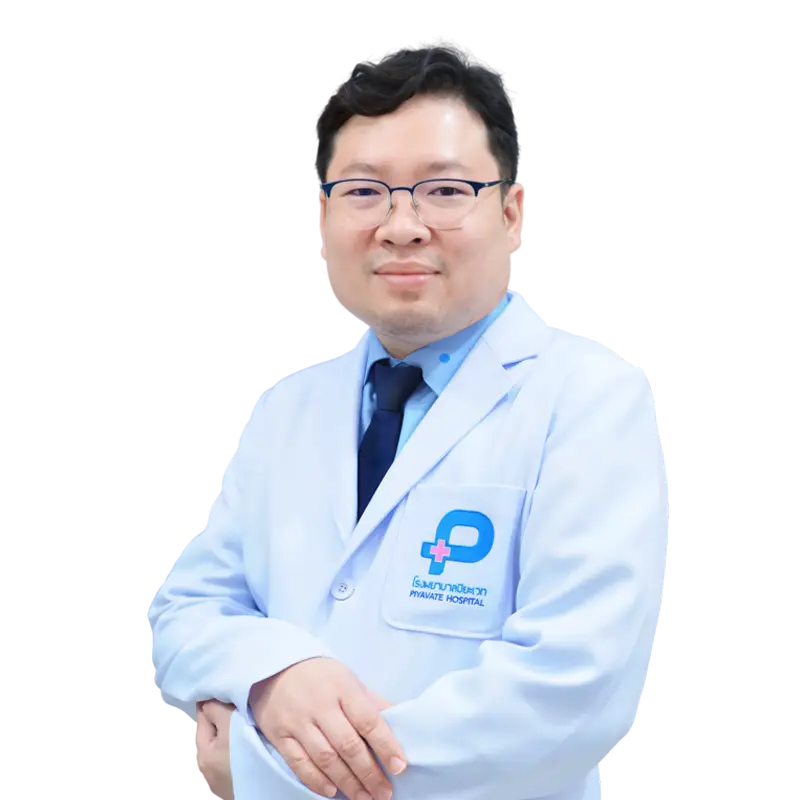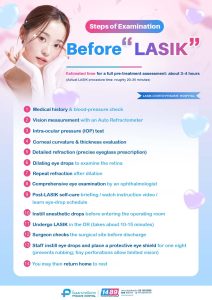- Pediatrics Center
About
The Pediatric Center at Piyavate Hospital is located on the 21st floor and offers 24-hour pediatric medical services. Our comprehensive services cater to children under the age of 15, encompassing consultations, development promotion, disease prevention, diagnosis, and treatment by pediatricians available around the clock. Our services include the treatment of common and complex illnesses in children, health promotion, developmental monitoring, age-appropriate developmental stimulation, and comprehensive and continuous vaccination.
Medical Services
- General: Managing overall child health and common pediatric diseases.
- Respiratory Diseases: Specializing in respiratory conditions affecting children.
- Nephrology: Focused on kidney-related disorders in children.
- Infectious Diseases: Treating infections specific to pediatric patients.
- Gastroenterology and Hepatology: Addressing digestive and liver diseases in children.
- Allergy and Immunology: Dealing with allergic reactions and immune system disorders.
- Cardiology: Specializing in heart conditions in children.
- Neurology: Focusing on neurological disorders affecting children.
- Development and Behavioral Issues: Addressing developmental delays and behavioral issues.
- Endocrinology and Metabolism: Treating hormone-related and metabolic disorders.
- Psychiatry: Mental health services for children and adolescents.
- Hematology and Oncology: Managing blood diseases and cancer in children.
- Rheumatology: Treating joint and autoimmune diseases in children.
- Neonatology and Perinatology: Specializing in newborn and perinatal care.
In addition, we have integrated services with other departments for comprehensive care, including pediatric surgery, pediatric orthopedics, child development specialists, occupational therapists, pediatric dentistry, and pediatric ophthalmology.

